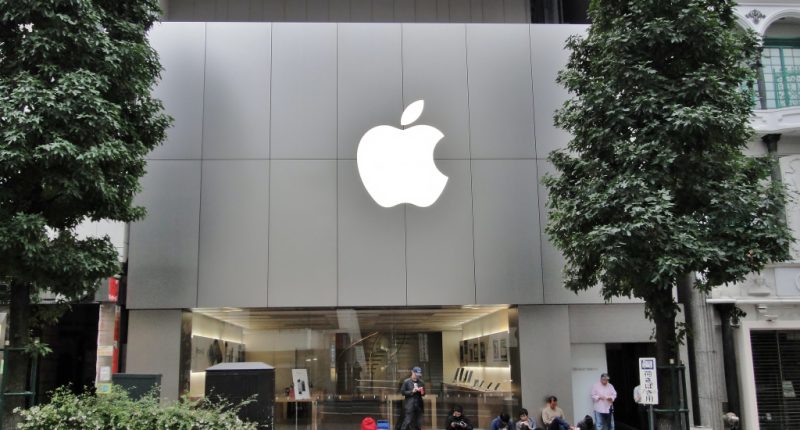Apple is now going against the European Union’s Digital Markets Act (DMA), arguing before the EU’s General Court that the sweeping antitrust framework unlawfully forces the company to dismantle key aspects of its iPhone ecosystem, App Store, and messaging services. In a hearing held in Luxembourg this week, Apple’s lead counsel, Daniel Beard KC, told judges that the DMA “imposes hugely onerous and intrusive burdens” that clash with EU protections on security, privacy, and property rights. The iPhone maker contends that the law not only overreaches but also undermines the very principles — consumer safety and data protection — that European regulators claim to uphold.
The case marks the maiden full-scale legal challenge by a US company to the DMA, which had come into force in 2023 to curb what Brussels sees as gatekeeping behavior by digital giants such as Apple, Google, Meta, Amazon, Microsoft, ByteDance, and Booking.com. The DMA compels these firms to open their platforms to competitors, allow alternative app stores, and make core services interoperable with rival systems — measures designed to weaken their dominance across digital markets.
Apple’s challenge attacks the law on three distinct fronts, each targeting a pillar of its tightly controlled ecosystem. First, Apple contests DMA provisions that require its iPhone hardware and services to interoperate with competing devices — such as earbuds, wearables, and smart home gadgets — arguing that mandated interoperability could compromise user privacy and cybersecurity. The company contends that such requirements force it to relinquish control over encryption, device pairing, and firmware validation — safeguards it considers integral to protecting customer data. Second, Apple disputes the European Commission’s decision to classify the App Store as a core platform service under the DMA. Brussels has long argued that Apple’s control over app distribution gives it structural gatekeeper power, limiting consumer choice and imposing unfair terms on developers.
Third, Apple has taken issue with the Commission’s probe into whether iMessage should fall within the law’s scope. Regulators ultimately excluded the service from DMA obligations after concluding it does not generate direct revenue. But Apple maintains that the mere initiation of the inquiry was procedurally flawed and reflects a pattern of regulatory overreach.
The European Commission’s lawyers pushed back hard against Apple’s arguments. Representing the EU’s executive branch, Paul-John Loewenthal accused the company of using privacy as a shield to maintain a “closed ecosystem” that stifles competition and extracts “supernormal profits” across complementary markets. “Only Apple has the keys to that walled garden,” Loewenthal told the judges. “It decides who gets in, who can compete, and who may offer products to iPhone users. And through such control, Apple has locked in more than a third of European smartphone users.”
The outcome of Apple’s case could determine how far Brussels can go in reshaping digital markets. If the General Court sides with Apple, it could significantly narrow the scope of the DMA, limiting its ability to mandate technical changes to proprietary platforms. A ruling in favor of the EU, however, would set a precedent that could influence regulators in Japan, South Korea, the UK, and the US, all of which are watching closely, and make it harder for Big Tech companies to operate as they are now. Apple may have to redesign iOS regionally, maintaining separate versions of its software for the EU and the rest of the world, adding engineering and compliance costs, while developers could offer cheaper in-app purchases via non-Apple payment systems.
The Tech Portal is published by Blue Box Media Private Limited. Our investors have no influence over our reporting. Read our full Ownership and Funding Disclosure →






